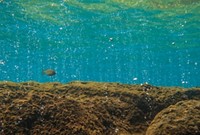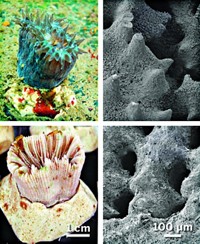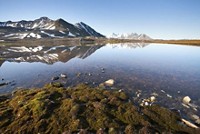Advertisement
Grab your lab coat. Let's get started
Welcome!
Welcome!
Create an account below to get 6 C&EN articles per month, receive newsletters and more - all free.
It seems this is your first time logging in online. Please enter the following information to continue.
As an ACS member you automatically get access to this site. All we need is few more details to create your reading experience.
Not you? Sign in with a different account.
Not you? Sign in with a different account.
ERROR 1
ERROR 1
ERROR 2
ERROR 2
ERROR 2
ERROR 2
ERROR 2
Password and Confirm password must match.
If you have an ACS member number, please enter it here so we can link this account to your membership. (optional)
ERROR 2
ACS values your privacy. By submitting your information, you are gaining access to C&EN and subscribing to our weekly newsletter. We use the information you provide to make your reading experience better, and we will never sell your data to third party members.
Environment
Extra Carbon Dioxide Bulks Up Lobsters
Rising levels of atmospheric CO2 may lead to larger lobsters, but shrinking sea urchins
by Sarah Everts
December 7, 2009
| A version of this story appeared in
Volume 87, Issue 49

Rising levels of atmospheric CO2 may lead to larger lobsters, shrimp, and crabs, but this change is more likely to disrupt ocean food webs than to benefit seafood buffets, according to a study by Justin B. Ries of the University of North Carolina, Chapel Hill, and colleagues (Geology 2009, 37, 1131). Some of the additional CO2 has been sinking into the world’s oceans, dropping the water’s pH by 0.1 units. Ries and coworkers decided to check out how this ocean acidification might alter the shells of 18 marine organisms, and they found that the effects were more varied than expected. The calcium carbonate shells of 10 creatures, such as sea urchins and clams, began to diminish when exposed to more acidic conditions. But other creatures, including lobsters, bulked up. The different reactions to acidification could reflect differences in how the organisms regulate pH, or whether their outer shell layer is protected by an organic covering, Ries notes. Because both carbonate winners and losers are part of the same food web, creatures that could stand to benefit by bulking up may find themselves with too little to eat and may not prosper after all, the researchers suggest.





Join the conversation
Contact the reporter
Submit a Letter to the Editor for publication
Engage with us on Twitter